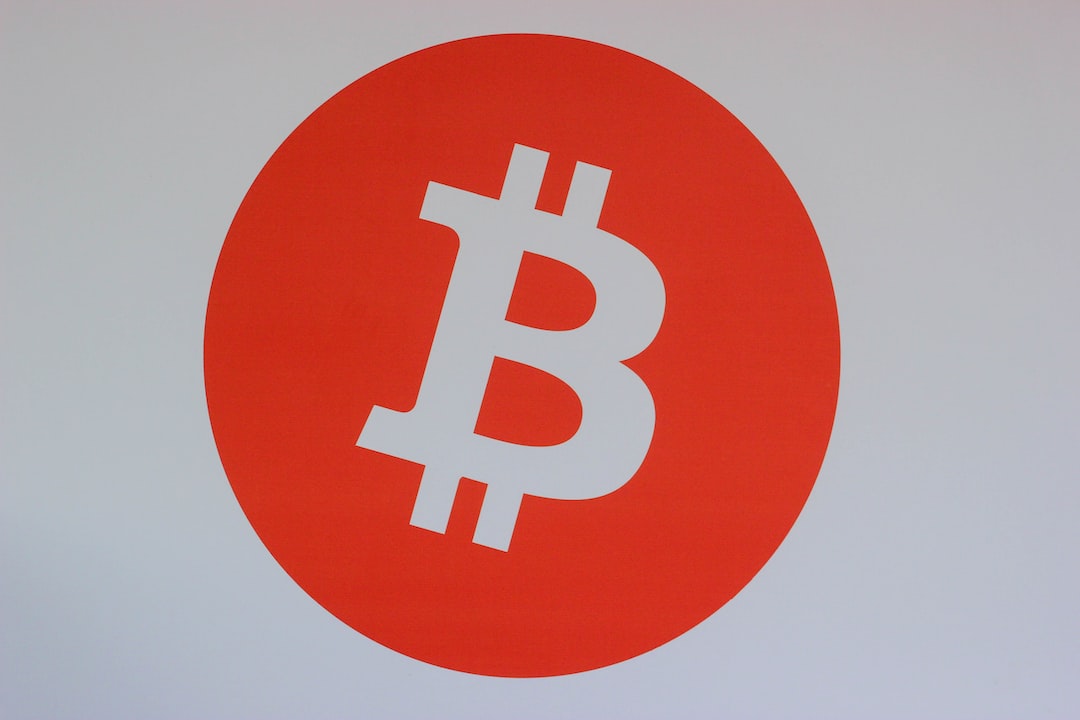ASIC Initiates Legal Proceedings Against Bit Trade for Non-Compliance with Financial Laws
The Australian Securities and Investments Commission (ASIC) has taken legal action against Bit Trade Pty Ltd, the provider of Kraken Crypto Exchange, for allegedly violating Australian financial laws. ASIC claims that Bit Trade’s margin trading product did not meet the design and distribution obligations required by law, resulting in approximately $12.95 million in losses for Australian consumers. The regulator argues that Bit Trade failed to identify a target market adequately before launching the product. Although ASIC considers it a credit facility, Bit Trade refers to it as a “margin extension” that allows users to leverage up to five times their assets. Despite ASIC’s concerns communicated in 2022, Bit Trade continued offering the product without meeting the necessary market determinations. ASIC is seeking penalties and injunctions against the exchange to ensure compliance with financial regulations.
Kraken Australia Responds to ASIC’s Legal Action
Jonathon Miller, Director of Kraken Australia, expressed disappointment regarding the regulatory action taken by ASIC. He stated that the company would seek further clarification from authorities and maintained that their product fully complies with Australian laws. This lawsuit by ASIC aligns with the increased regulatory scrutiny faced by the cryptocurrency sector. In July, ASIC revoked FTX Australia’s license as part of its efforts to establish comprehensive regulations. Additionally, traditional financial institutions like Westpac and National Australia Bank have implemented measures to limit payments to cryptocurrency exchanges, aiming to protect customers from potential risks and scams in the crypto market.
Hot Take: Increased Regulatory Scrutiny Highlights Importance of Compliance in Cryptocurrency Sector
The legal proceedings initiated by ASIC against Bit Trade underscore the growing regulatory scrutiny faced by cryptocurrency companies. This case emphasizes the significance of complying with financial regulations and design and distribution obligations when offering financial products to consumers. The $12.95 million in losses suffered by Australian customers further highlights the potential risks associated with non-compliance. As regulatory bodies like ASIC work towards establishing comprehensive frameworks, it is crucial for cryptocurrency firms to ensure adherence to these regulations to maintain consumer trust and protect against legal consequences. The response from Kraken Australia indicates the ongoing tension between regulators and crypto exchanges, and it remains to be seen how this lawsuit will unfold and its implications for the wider cryptocurrency sector in Australia.





 By
By
 By
By
 By
By
 By
By
 By
By
 By
By